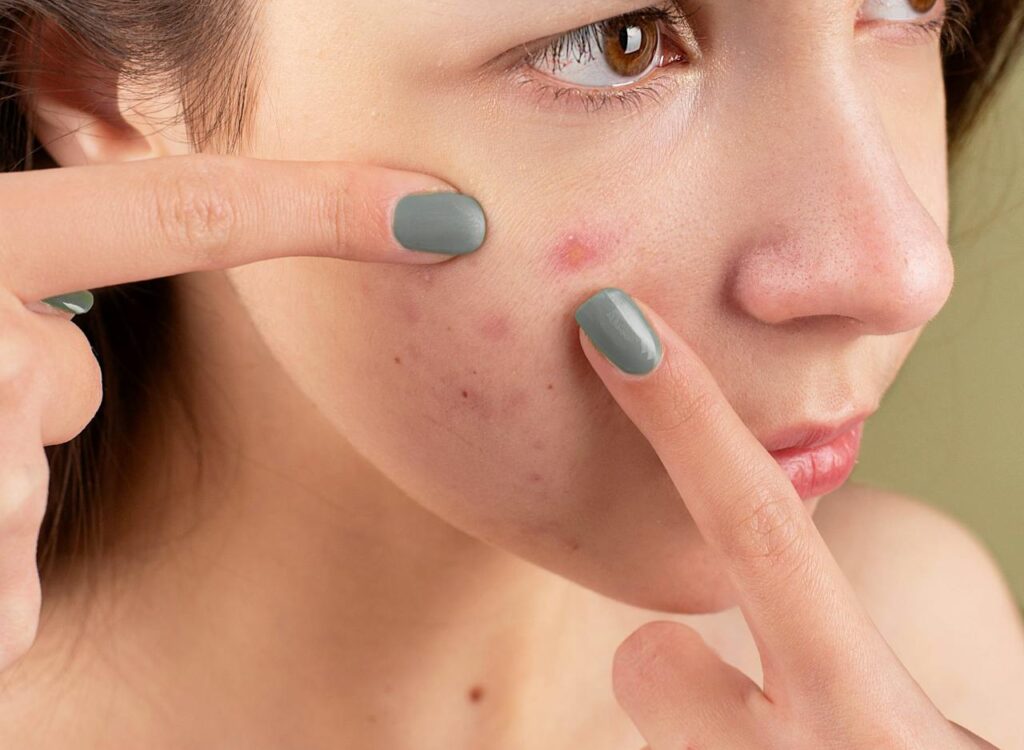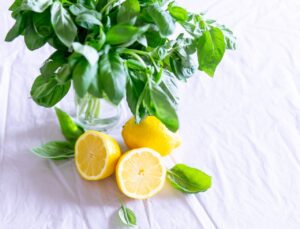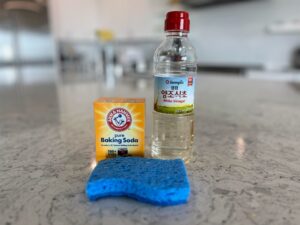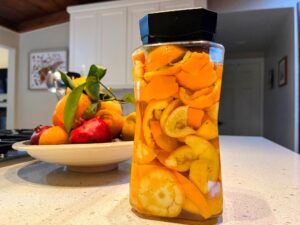Struggling with acne can be frustrating, but did you know that your diet plays a big role in keeping your skin clear? Many people focus on creams and treatments, but what you eat can either help or worsen breakouts. Certain foods can trigger acne, while others support healthy, glowing skin. In this post, we’ll explore how to manage acne with diet by choosing the right foods and avoiding common triggers. If you’re looking for a natural way to improve your skin, keep reading!
How Diet Transformed My Skin
For years, I struggled with acne, just like many others. As a teenager, I had severe breakouts, and the scars stayed with me for a long time. Back then, I didn’t know how to manage acne properly. I made it worse by popping pimples with my fingernails, which only led to more scars and frustration.
It wasn’t until I changed my diet that I finally saw a difference. When I switched to a healthier diet, my skin started to clear up. I realized that certain foods were triggering my breakouts, and by cutting them out, I saw a dramatic improvement. It was eye-opening to see how much what I ate affected my skin.
Even now, in my fifties, I still notice breakouts if I don’t watch what I eat. When I consume too much greasy or processed food, especially while traveling, my skin reacts almost immediately. It’s a reminder that diet plays a huge role in skin health, no matter my age. By staying mindful of what I eat, I can keep my skin clear and healthy.
What is Acne and What Causes It

Acne is a common skin condition that occurs when hair follicles get clogged with oil, dead skin cells, and bacteria. This buildup leads to different types of breakouts, such as pimples, blackheads, and whiteheads. It mostly appears on the face, chest, back, and shoulders, where the skin has more oil glands.
Acne can range from mild to severe, sometimes causing redness, swelling, and even painful cysts. While acne is most common in teenagers due to hormonal changes, adults can also struggle with breakouts. It is not just a cosmetic issue—it can also affect confidence and self-esteem, making it important to understand and manage properly.
How to Manage Acne with the Right Food
What you eat plays a big role in your skin health. The right diet can help reduce breakouts, control oil production, and improve overall skin clarity. Here’s how to manage acne with the right food choices.

1. Avoid Acne-Triggering Foods
Certain foods can make acne worse by increasing oil production and inflammation. Try to limit or avoid:
- Dairy products – Milk, cheese, and yogurt can cause hormonal imbalances that lead to breakouts.
- Processed foods – Chips, fast food, and packaged snacks contain unhealthy oils and preservatives that clog pores.
- Sugary foods and drinks – Sweets, soda, and baked goods spike blood sugar, increasing acne flare-ups.
- Fried and greasy foods – These increase oil production, making breakouts more likely.
2. Eat More Skin-Friendly Foods
Some foods help manage acne by reducing inflammation and nourishing your skin. Add more of these to your diet:
- Leafy greens – Spinach, kale, and lettuce help flush out toxins and keep skin clear.
- Berries – Blueberries, strawberries, and blackberries are packed with antioxidants that protect the skin.
- Nuts and seeds – Almonds, walnuts, and flaxseeds provide healthy fats that reduce redness and swelling.
- Whole grains – Brown rice, quinoa, and oats keep blood sugar stable, preventing sudden breakouts.
- Water-rich foods – Cucumbers, watermelon, and celery keep your skin hydrated and fresh.
3. Stay Hydrated
Drinking enough water helps flush out toxins and keeps your skin moisturized. Aim for at least 8 glasses of water a day to keep your skin clear and glowing. Herbal teas and fresh fruit-infused water are also great options.
4. Focus on a Balanced Diet
A plant-based diet rich in whole foods, healthy fats, and essential nutrients can help improve acne over time. Eating a variety of fruits, vegetables, and whole grains supports overall skin health while reducing breakouts.
Power of Diet in Managing Acne

Managing acne with diet is a natural and effective way to achieve clear skin. Avoiding acne-triggering foods and choosing skin-friendly options can make a significant difference. Even small changes in your daily eating habits can lead to lasting improvements. While skincare products can help, what you put into your body is just as important.
For me, changing my diet was the key to finally overcoming breakouts. If you’re struggling with acne, paying attention to your diet might be the missing piece to achieving healthier, clearer skin. But clear skin isn’t just about what you eat—it’s also about protecting it from external factors.
Sun exposure can damage your skin, worsen acne scars, and speed up aging. To keep your skin healthy and glowing, check out how to protect your skin from the sun and take care of it from the inside out!














